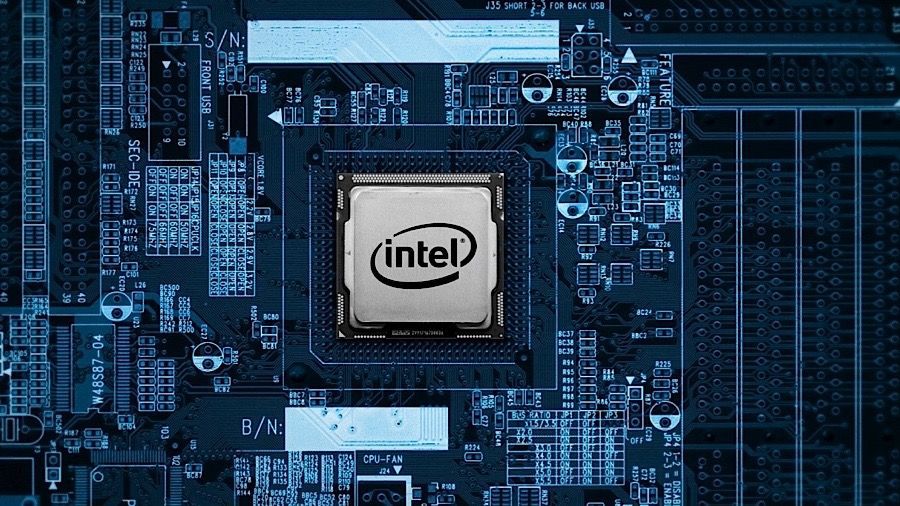
After being delayed last summer, we’ve now been given an idea of how Intel’s upcoming Sapphire Rapids processors will compare against its own Ice Lake Xeon Platinum 8380 and AMD’s EPYC 7773X (Milan-X) chips.
As reported by Tom’s Hardware, hardware leaker YuuKi-AnS tested the three processors in dual-socket configurations and posted the benchmark results on Twitter.
Intel’s upcoming Sapphire Rapids line has a multi-chip design with EMIB connections and comes out of the chipmaker’s rebranded 10nm Enhanced Superfin node. These new Xeon server chips are compatible with the LGA4677 (Socket E) socket and leverage the company’s Golden Cove cores.
At the same time, Intel’s Sapphire Rapids chips will support PCIe 5.0 and DDR5. Each processor will also have up to four Ultra Path Interconnect (UPI) 2.0 links to connect with other processors on multi-socket motherboards. The chipmaker’s latest processor reportedly has 48 cores, 96 threads and 90MB of L3 cache. The engineering sample chip reviewed by YuuKi-AnS has a 2.3 GHz base clock, a 3.3 GHz boost clock and 270W TDP.
Sapphire Rapids performance
YuuKi-AnS tested Intel’s Sapphire Rapids chip, its Xeon Platinum 8380 chip and an AMD EPYC 773X chip in dual-socket configurations.
While the Sapphire Rapids and Xeon Platinum 8380 systems have 96 and 80 cores respectively, the system featuring an AMD EPYC 773X processor beats both on paper with 128 cores. Theoretically, AMD’s processor will excel at handling multi-threaded workloads compared to both processors from Intel.
When it came to YuuKi-AnS’ test results, the Sapphire Rapids chip scored 1,033 in the Cinebench R23 single-core benchmark and 67,932 in the Cinebench’s multi-core benchmark. Meanwhile the EPYC 773X system scored 712 and 82,464 in the same benchmark while the Xeon Platinum 8380 system scored 950 and 66,242. It’s worth noting that as the Sapphire Rapids processors tested were engineering samples, the clock speeds aren’t final.
We’ll likely found out more regarding Sapphire Rapids’ real-world performance later this year as Intel has said it plans to launch its next-generation Xeon scalable processor during the third quarter.
Via Tom’s Hardware
